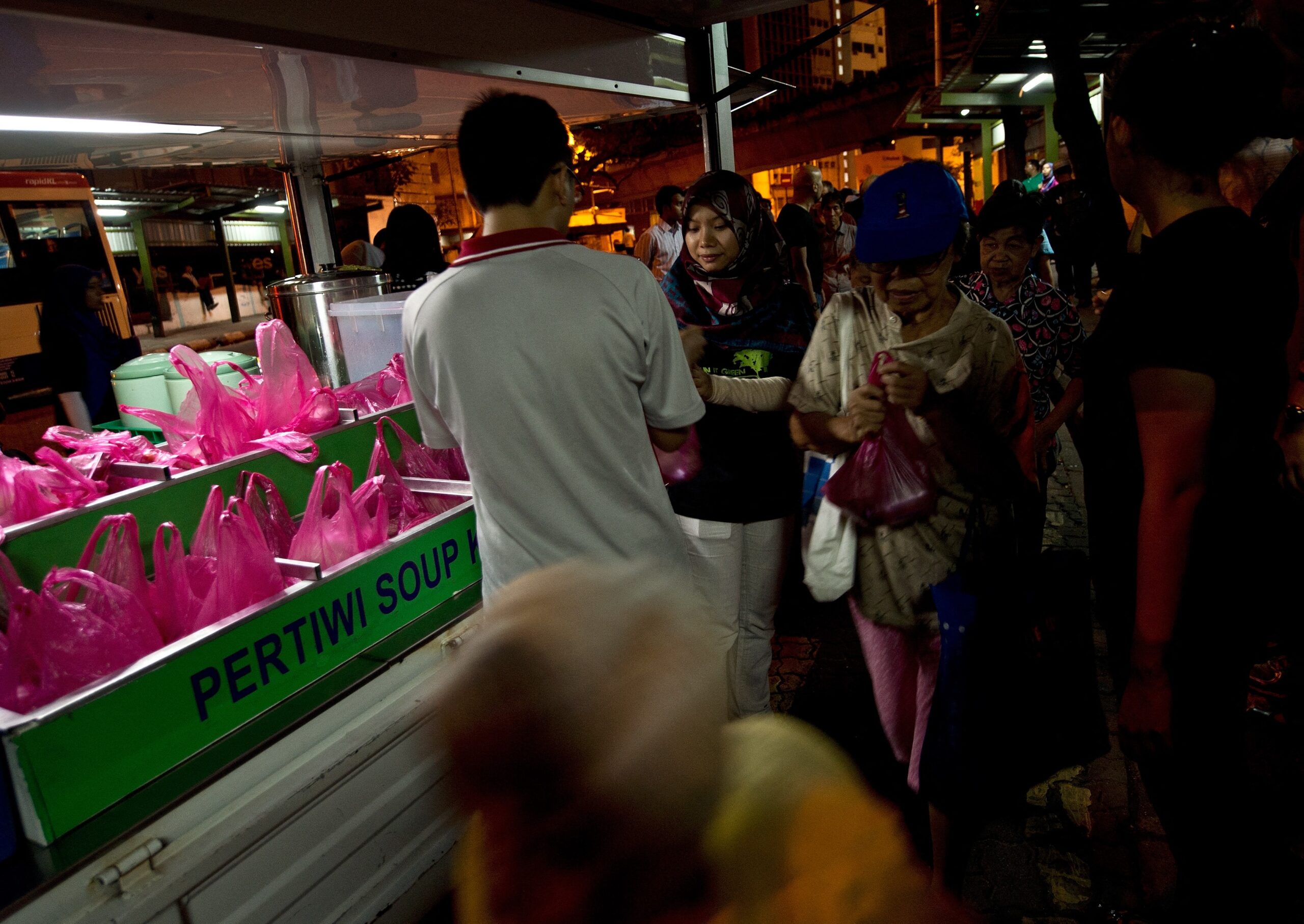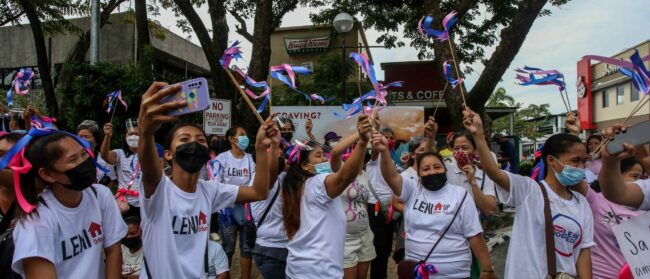Children in Malaysia are scraping rice out of the bottom of garbage bins.
There was already horrible poverty in Malaysia and other Southeast Asia countries, but there has been a terrible increase as a result of the ongoing Covid-19 pandemic. The pandemic has devastated poor communities while shining a light on the inequality continuing to rip through nations across the world.
Sabah is one of the worst affected regions in Malaysia with children and families there devastated by, not only the continuing pandemic, but also by the knock-on impact. Families are fighting for food, and starving children are emptying bins, just trying to fulfil their hunger for a small portion of the day.
Nations with economic strength provide robust COVID-19 responses to their communities, while poor nations are struggling to distribute support to communities. Rich nations are vaccinating one person per second through fast, free rollouts and affordable or free treatment options for those contracting the virus. Poor countries are struggling to provide single doses.
Families are fighting for food, and starving children are emptying bins, just trying to fulfil their hunger
Beyond the direct impact of the virus, many countries are struggling with dramatically increased levels of poverty, food insecurity and little to no plan for how to move forward.
The pandemic has exacerbated a devastating poverty rate in Malaysia, with reports from anti-poverty NGO Yayasan Sejahtera projecting a 5.6% absolute poverty rate and 2.9 million households in the bottom income category, which worsens as the pandemic wears on. The people in these households are extremely vulnerable to economic shocks, highly dependent on government assistance, lack education or the ability to engage in skilled work and are often older than 60.
Vulnerable households have been heavily impacted by COVID-19. They are unable to rely on their daily means of income, hold no savings and have been affected by widespread layoffs and unpaid leave. This has resulted in a baseline of 5.6% of families falling under the absolute poverty rate. The government’s repeated movement control orders, better known as quarantines or lockdowns, further impact these households.

I am a child activist and consultant for the United Nations and government organisations. I founded Yayasan Chow Kit, a crisis centre providing meals and education programmes to children in Kuala Lumpur, while also working with GIVE.asia to provide fundraising support to individuals, charities and NGOs.
I receive hundreds of messages, videos and photos each day about children in Malaysia’s poorest communities scraping old rice from bins.
Organisations such as Yayasan Sejahtera, YaPEIM, Mercy Imaret, Yayasan Hassanah and MRS are engaged in providing support during this ongoing humanitarian crisis. They provide life-saving services including food relief, monetary aid and resources including equipment and building materials, but are unable to do enough to combat this crushing poverty among vulnerable families.
I believe there are steps to be taken that could increase the requisite support and guidance, beginning with governments and organisations providing long-term, sustainable food aid programmes that can be scaled based on need.
Next, there needs to be digital transformation support for NGOs. These groups must be equipped with digital training programmes supported by governments to create mission-specific technology platforms.
A system for building sustainable programmes should leverage the collective power of communities on the ground. By providing programmes for urban community farming, for example, communities can react quickly and assist organisations in the event of food shortages.
NGOs also need support for their fundraising, she said. Although they go to great lengths to maintain the levels of aid they provide, these groups need additional support through fundraising platforms such as the GIVE.asia Covid Response Fund.
In the longer term, I recommend an analytical approach using data to drive food relief and community assistance. This will ensure NGOs and governments can assist those in need quickly and efficiently, while also taking a community-first approach toward transitioning nations from food relief to food security.
There must be a long-term objective to enhance social policies that will create sustainable, adaptable societies. These efforts will, in turn, build the community resilience needed to withstand sudden crises such as Covid-19.
The sad fact is that the issues arising from the pandemic will endure and cause seismic shifts for poorer nations, while the world will continue to be affected by other unpredictable crises exacerbating these situations. The work to be done now can have lasting, positive impacts on families below the poverty line.
Building resilient, sustainable community programmes is no longer just about doing good. It has become a matter of life and death for those who are scraping containers for their next meal.
Dr Hartini Zainuddin is the founder of Yayasan Chow Kit, which provides food and educational programming to children in Kuala Lumpur.


